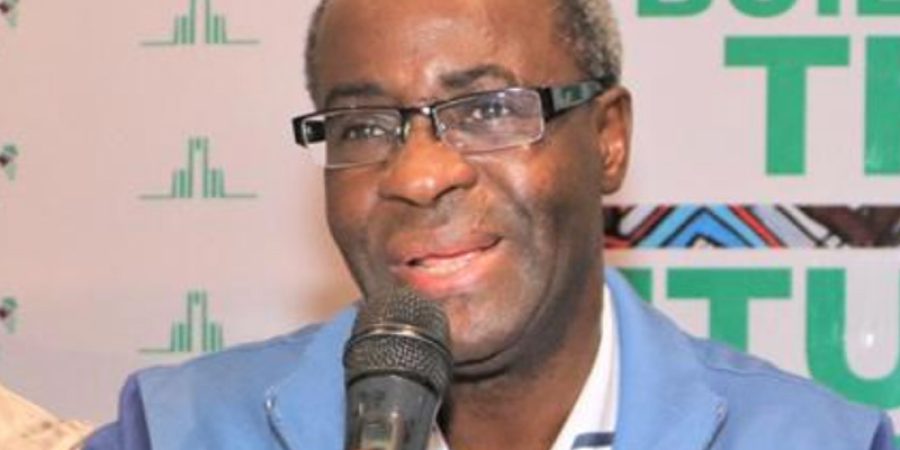Director-General, Budget Office of the Federation (BoF), Mr. Tanimu Yakubu, Thursday hinted that the implementation of the 2025 budget will commence by the end of September.
The assurance came amid growing concerns that the N54.99 trillion budget, tagged, “Budget of Restoration,” was yet to be implemented, about nine months after it was passed into law.
Speaking at the third Quarter Ministerial Stakeholders and Citizens Engagement Forum, hosted by Ministry of Budget and National Planning, in Abuja, Yakubu said effective implementation and prudent fiscal management will be critical to the budget’s success.
He stressed that citizen involvement remained critical in the exercise, adding that Nigerians are the ultimate owners of public resources.
He said setting realistic revenue targets, particularly in the oil sector, was a key challenge in the country’s public finance system.
Yakubu pointed out that initiatives, including translating budget documents into local languages, simplifying budget content, and empowering communities to hold the government accountable, remained essential.
Addressing fiscal implications of the Petroleum Industry Act (PIA), he stressed that improving revenue recognition in project financing and tax credit schemes, and prioritising debt servicing, which accounts for N14.3 trillion of the 2025 budget, were key.
The director-general of the budget further outlined strategies to support the country’s ambition of becoming a $1 trillion economy by 2030, including ward-based development programmes across 8,809 wards, tax reforms, stronger fiscal discipline, and innovation and partnerships, such as a $30.9 million Nigeria-Japan start-up initiative.
In his remarks, Minister of Budget and National Planning, Senator Atiku Bagudu, reaffirmed the federal government’s commitment to transparency and data-driven decision-making.
Bagudu said, “Our policies and programmes must be shaped by facts, not speculation. Data is the bedrock of responsible governance.”
Statistician-General of the Federation/Chief Executive, National Bureau of Statistics (NBS), Prince Adeyemi Adeniran, advocated stronger public understanding of statistical work, greater investment in data systems, and constructive engagement from the media and civil society.
Adeniran stressed that challenges, including limited survey sample sizes, underfunding, and outdated tools, often undermined precision and quality of national statistics.
While acknowledging global shifts in definitions, such as unemployment, he stressed that NBS adhered to international best practices and received technical guidance from UN and World Bank.
He said, “Statistics are public goods. Citizens should not only have access to them, but also understand what they mean. We need every stakeholder, including the media, to help achieve that.”
Adeniran further enumerated ongoing initiatives, including statistical literacy programmes, improved data visualisation tools, a re-modelled NBS website, and regular engagement with civil society groups.
The budget office recently clarified that the delayed publication of Budget Implementation Reports (BIRs) from the second quarter of 2024 to date was aimed at ensuring accuracy, coherence, and credibility in the country’s fiscal reporting during an exceptional budget cycle.
Yakubu urged stakeholders to see the “temporary delay not as backsliding”, attributing the delay to verification and reconciliation processes.
He stated that BIRs were not merely accounting summaries, but “integrate expenditure data with physical verification of projects nationwide”.
James Emejo
Follow us on:


